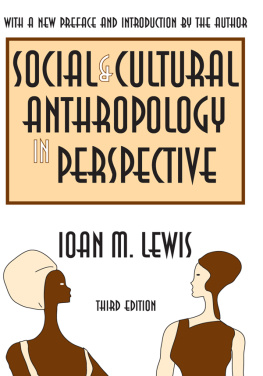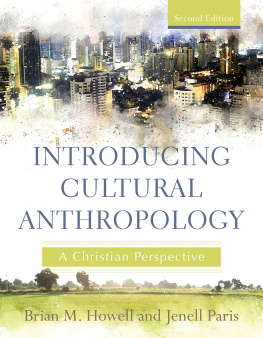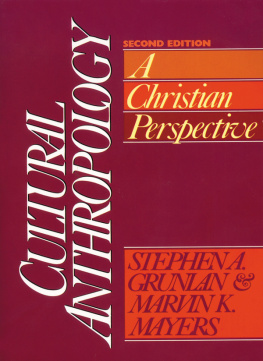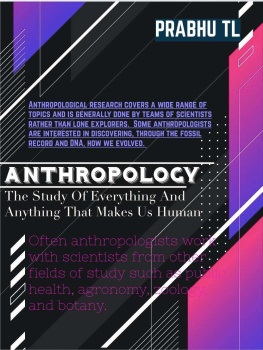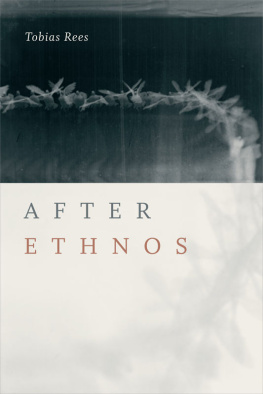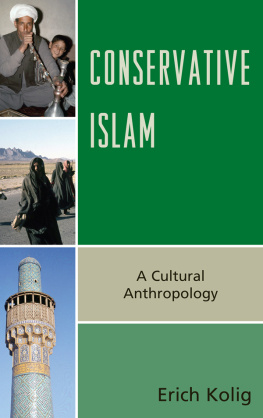Originally published in 1985 by Cambridge University Press
Published 2003 by Transaction Publishers
Published 2017 by Routledge
2 Park Square, Milton Park, Abingdon, Oxon OX14 4RN
711 Third Avenue, New York, NY 10017, USA
Routledge is an imprint of the Taylor & Francis Group, an informa business
New material this edition copyright 2003 by Taylor & Francis.
All rights reserved. No part of this book may be reprinted or reproduced or utilised in any form or by any electronic, mechanical, or other means, now known or hereafter invented, including photocopying and recording, or in any information storage or retrieval system, without permission in writing from the publishers.
Notice:
Product or corporate names may be trademarks or registered trademarks, and are used only for identification and explanation without intent to infringe.
Library of Congress Catalog Number: 2003040223
Library of Congress Cataloging-in-Publication Data
Lewis, I. M.
[Social anthropology in perspective]
Social and cultural anthropology in perspective : their relevance in the modem world / loan M. Lewis.3rd ed.
p. cm.
Includes bibliographical references and index.
ISBN 0-7658-0986-9 (pbk. : alk. paper)
1. Ethnology. I. Title.
GN316.L49 2003
306dc21 2003040223
ISBN 13: 978-0-7658-0986-5 (pbk)
With the help of quotations from two leading Third World politicians, my preface to the previous (1985) edition of this book noted the widespread currency of pluralism and multiculturalism, and social anthropologys role in understanding such mixed communities. Today, globalisation has immeasurably increased the significance of ethnicity and nationalism, and correspondingly enhanced the part social anthropology can play in helping to elucidate the contemporary world.
This new edition, published in the United States, invites me to try to highlight the differences of emphasis between social anthropology on the one hand and cultural anthropology on the other, as the latter is the dominant tradition in North America. A discussion of the two tendencies and their (not always happy) interaction is one of the purposes of my new introductory chapter. Another objective is to present a critical overview of general trends that have become prominent in the period since the last edition was published. Here I update, develop, and supplement topics that were previously noted in , Anthropology and the Contemporary World. I make no apology for being particularly censorious in the case of movements which, however fashionable, seem to me of little enduring scientific value. My choice of subjects is inevitably selective and cannot pretend to be exhaustive. I hope, nevertheless, that it is representative of much that passes today as social or socio-cultural anthropology. I am aware that I have omitted ethnographic film. This is not because I think it unimportant, but simply that film is a topic outside my range of competence.
I very much enjoyed giving the lectures at LSE from which this book ultimately derives and greatly benefited from the audience reactions I received. I have always felt that most of my best ideas came from students of my courses. Nevertheless, I do accept responsibility for the present text.
London School of Economics, December 2002 I.M.L.
SOCIETY AND CULTURE
Human beings the world over live in communities with distinct social institutions and types of social organisation. This social architecture is the subject matter of social anthropology, which studies social behaviour in terms of the particular social structures and institutions that have developed historically in different communities. It is these, rather than their cultural presentation, which we take to characterise the ways of life of different peoples. In contrast to cultural anthropologists, social anthropologists see culture, like language, as a vehicle or medium for social interaction. But we do not see it as the primary determinant of social organisation or social institutions, as orthodox cultural anthropologists do.
From our sociological perspective, culture thus represents the clothes society wears, not its substantive body structure. Never-theless, it is more than merely the icing on the cake of community. For culture is the repertoire of distinctive customs that distinguishes one group from another, and expresses its most immediate identity. In origin, the word custom is linked to costume which, like cuisine, is also closely associated with ideas about collective identity.
With these powerfully emotive associations, it is easy to appreciate the cultural anthropologists confidence that culture is the primary determinant of all social behaviour. As cross-cultural sociologists, social anthropologists, however, regard customs and cultures as subsidiary, or ancillary to social institutions and social organisation. Thus, the members of structurally similar societies often have extremely different cultures and languages, while, on the other hand, people who speak the same language, and share a culture and religion, may have very different types of social organisation. Americans and Englishmen, for example, speak the same language, broadly share the same culture and religion, but have quite different political structures. Similarly, the millions of people who speak Arabic and share the religion of Islam represent a wide spectrum of types of social and political organisation, ranging from monarchies to republics. These contrasts between culture and society are present in our everyday experience, where we interact with citizens of many different cultures who, despite their self-conscious cultural distinctions, may share the same social and political institutions. Or, they may share our culture but have altogether different types of social organisation.
Social anthropology does not discount culture, but remains primarily concerned with the underlying social arrangements, which, we believe, crucially distinguish one society from another and, to a greater extent than culture, shape peoples patterns of behaviour. Obviously, however, these distinctions often intermingle since cultures (and customs) are apt to become representative of the social and political identities they express.
The sharpness of these contrasts in anthropology has, moreover, become blurred in tune with 1980s and 1990s intellectual fashions, to the point where, as one witty definition has it, social anthropology is what social anthropologists do. This openended umbrella definition would equate our subject with all the diverse current activities of academics, para-academics, and development workers, etc. who claim the title social anthropologist. Many of these activities, perhaps the majority, today range so widely (from, for example, addressing ethical issues in genome research, with wry understatement, our subject has become diffuse.
The disciplinary disassociation referred to is also reflected in a tendency, very evident in the contents of current professional journals and textbooks, to change our brand name to sociocultural anthropology. This reflects the prominence in North America of cultural anthropology and its widespread influence today throughout the English-speaking world and beyond. At the same time, there is a growing tendency to extend the range of socio-cultural anthropology to include much of what was earlier the distinct field of physical anthropology. This development incorporates human reproduction, evolution, and nutritionthus consolidating and extending the existing but narrower domain of medical anthropology. Historically, this process can be viewed as a regression (or repetition of the past) since, as we review in the opening chapters of this book, social anthropology itself evolved from the wider and more catholic field of general anthropology.


